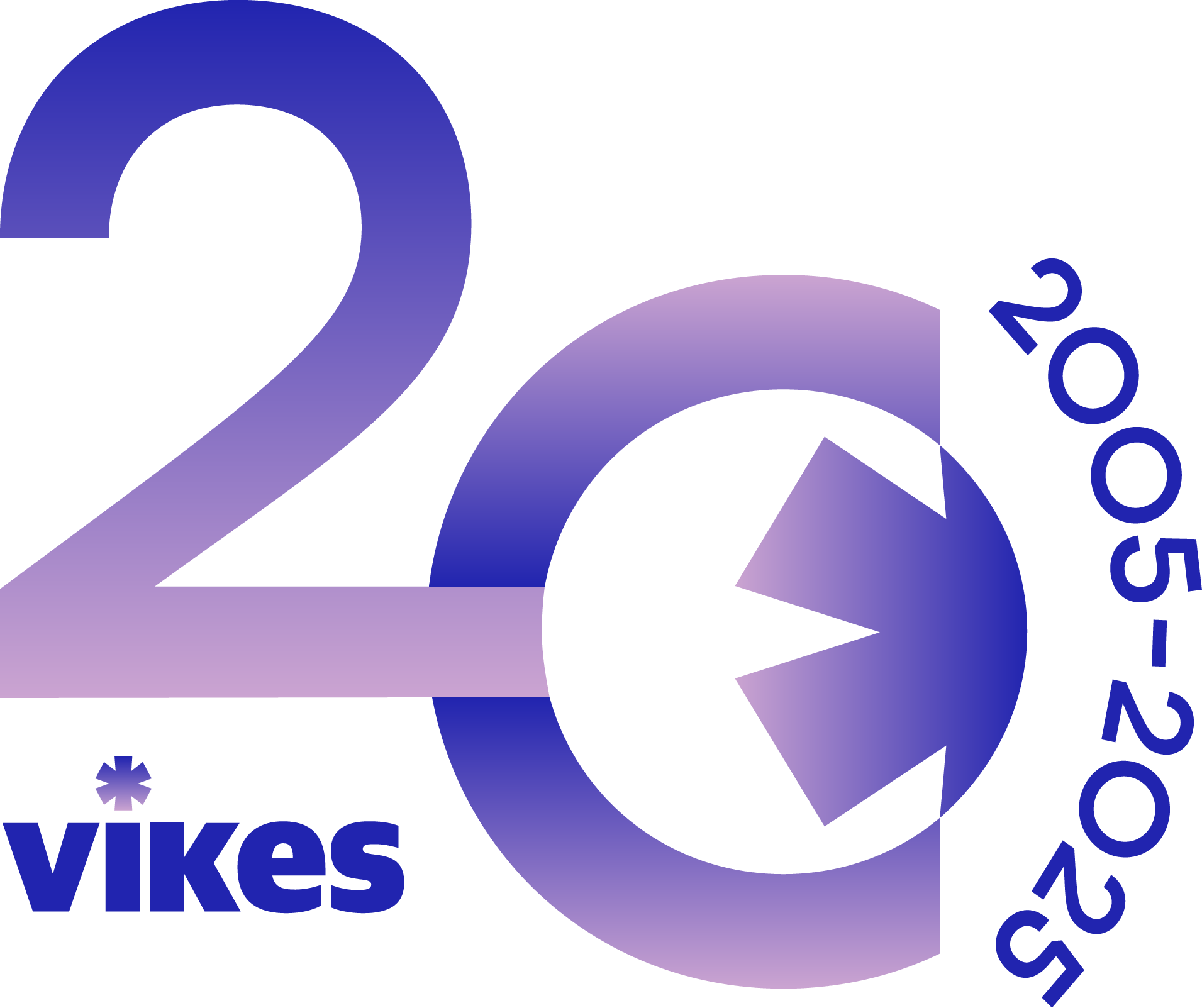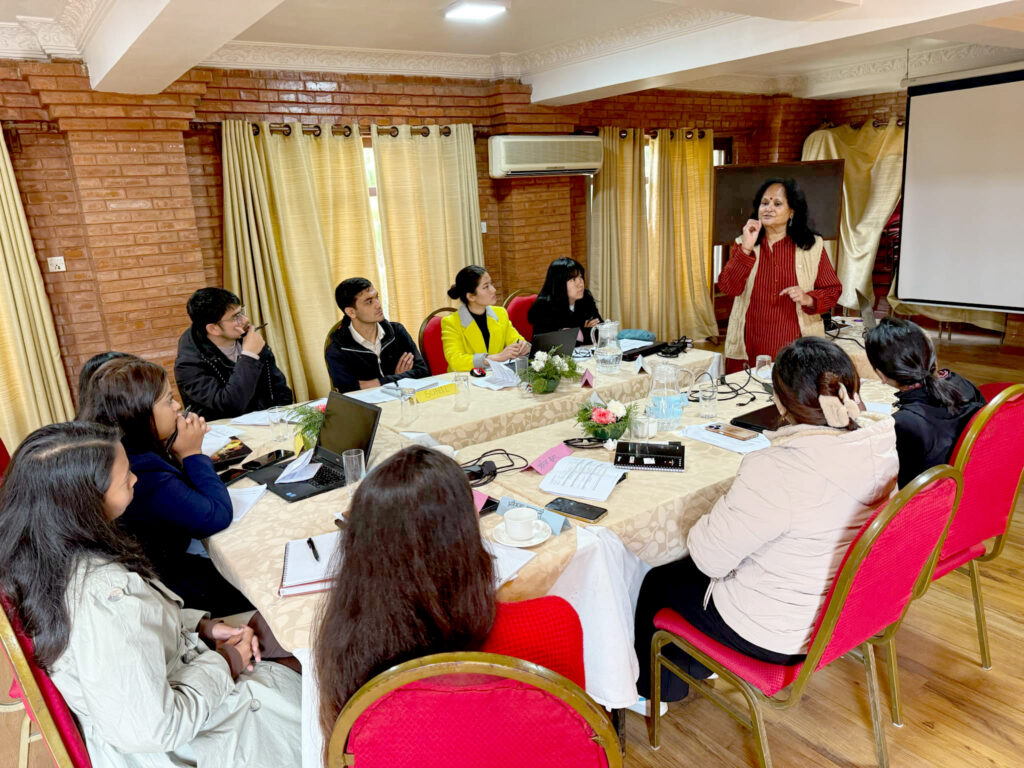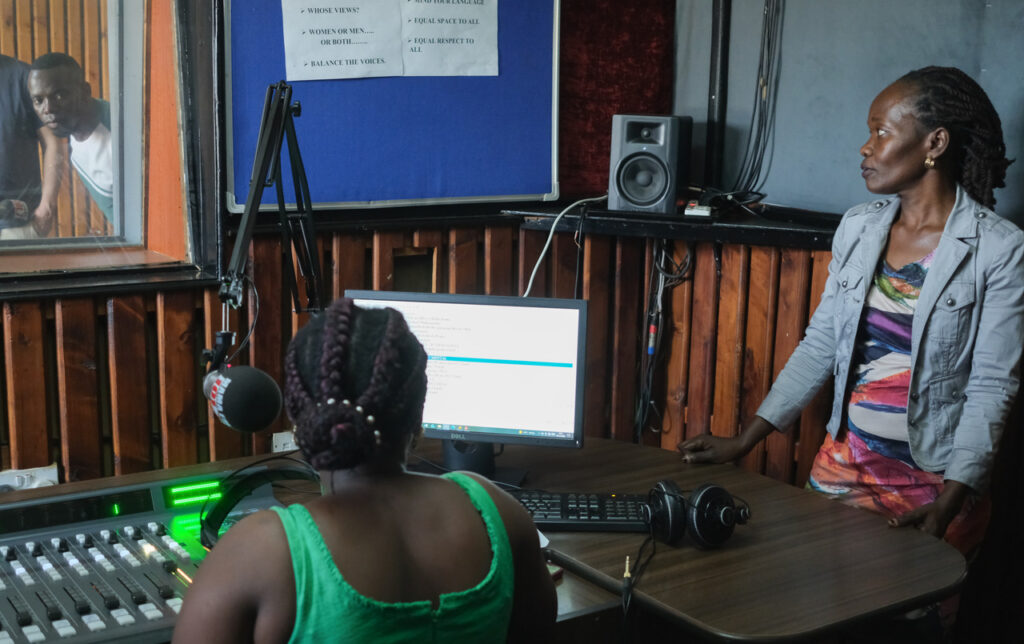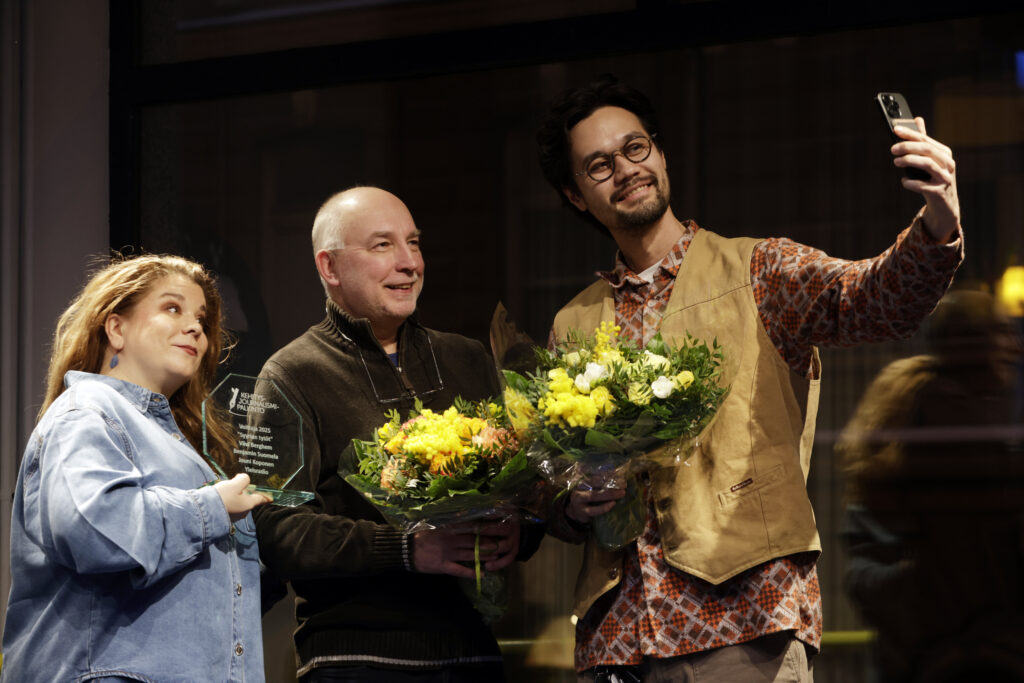Three journalists from three continents share their thoughts on press freedom on a video prepared prior to the World Press Freedom Conference 2020.
Vikes asked journalists of immigrant background to produce a video on freedom of speech and press freedom, to commemorate this year’s press freedom day. Originally planned for May, the corona pandemic postponed the international conference to December 2020.
Journalist Seblewongel Tariku interviewed three journalists from Myanmar, Nicaragua, and Somalia, who are now living in Finland. Freedom of expression in their countries of origin is undermined by censorship, and many “offences” entails harassment and possibly long-term imprisonment.
Wai Mar Nyunts, a freelance artist and filmmaker from Myanmar, underlines, ”To me, press freedom is like the light you see at the end of a dark tunnel. Without it, it is hard to keep going”. Nyunt moved to Finland in 2019. In her country, she had worked in the media environment for more than ten years.
In the same vein, women journalists are a double target of the threats and denials of press freedom, says Shirlene Newball of Nicaragua — a journalist, media producer, activist, and blogger. She observes, ”As we celebrate this Press Freedom Day, it means for me to report freely without the fear of being attacked by anyone.”
In a more personal way, Wali Hashi, a journalist, and trainer from Somalia, fled his country because of civil war. He is currently working as a freelancer for Yle in Helsinki. For Hashi, freedom of expression means everything. “As an African, black journalist working for almost 19 years in Finland, my viewers are predominantly white Christians. All of this is possible because of two things: Finland’s respect for human rights and freedom of expression”, he said.
The challenges of press freedom
Reporters without borders, in its 2020 world press freedom index, rank Nicaragua 117th. That is on account of its media censorship, intimidation, and other threats to journalists.
The same index of 180 countries and territories places Myanmar at the 139th position. After the rise to power of Aung San Suu Kyi in 2012, the hope of Myanmar journalists, according to the same index, was dashed, self-censorship entailing long-term jails. Hashi’s home country Somalia is ranked 163rd largely on account of the arrest of 20 journalists in 2020.
Myanmar’s Wai Mar Nyunt says journalists are still facing heavy censorship in her country. She recalls it was tough for journalists before the new leadership in 2012.
”There were times when journalists couldn’t go out with the camera to the streets. This was because, at that time, everyone thought underground journalists were spreading the
news out to the world. So documentary makers also took this risk”. If caught with documents, videos and cameras, Nyunt said, they faced lengthy jail terms.
However, “now we have film festivals and public screenings all this freedom but still working on sensitive locations and sensitive topics they are even banned from screening and taking records,” she said.
“Press Freedom in Nicaragua is under attack”
Nicaragua’s Shirlene Newball says, ”Unfortunately, press freedom in my country is under attack daily, and journalists have to take precautions and measures for their safety.” To date, many journalists have left the country, abandoning their families and children”; because of cyberbullying and insecurity, especially against women journalists. Since 2018, over 70 journalists have fled the country, and several media have been closed.
Newball had worked as a reporter for television and radio in Nicaragua for over 15 years. The tragedy is that some of her friends, who were victims of cyberbullying, have faced imprisonment and have been exiled.
In April 2018, one of her friends, Angel Gahona, was murdered by the police while reporting on a demonstration in Bluefields. Newball said, ”He was a father and talented Journalist; no one is charged for his death to date.”
Newbell moved to Finland in 2016. She is currently a freelancer while working on her MA degree in language globalization and intercultural communications at Jyvaskylä University.
Wali Hashi says the biggest challenge in Somalia is fake news and misinformation. There are many fake social media and websites people use wrongly, especially during the corona pandemic, he added.
For Hashi, also in the way of freedom of expression in Somalia stands the lack of quality journalism and media ethics. On the other hand, he said, journalists are victims of a two-pronged problem: harassment by the police and the terror group Al-Shabaab.
Vikes has helped
The Finnish Foundation media and development Vikes has helped strengthen the freedom of expression and press freedom by training journalists and stakeholders in the global south.
Nyunt describes that Vikes has been one of Yangon Film school’s prominent supporters; Lindsey Merrison founded it in 2005. “At that time, Yangon Film School was the only film school focused on training documentary films. Since documentary films were new to the audience and the filmmakers at that time, Vikes has been an essential part of modern Myanmar’s film history”.
Nyunt says, in 2007, she got a chance in documentary filmmaking studies in the Yangon film school supported by Vikes. After completing studies, she is likely to become a teacher in the same school’s documentary workshop.
As for Nicaragua, Shirlene Newball says the Vikes project trains journalists to develop their abilities to be better professionals. The project helps independent journalists in networking and forming links with other journalists from other countries, and there’s also co-production of reportages.
Similarly, Wali Hashi has been working with Vikes Somalia for the past seven years. He says Vikes trains journalists and government officials in Somalia.
”We have two aspects to our work: one side is to provide training for journalists, and the other is exercising influence, especially in how the country should rebuild itself from the civil war. We are talking about a country in civil war for over ten years and never recovered. Every aspect of life has been destroyed in Somalia, including freedom of expression. I think the positive impact Vikes has had in Somalia is to try to build the quality of journalism”.
World Press Freedom day is celebrated online on the 9th December 2020. See Vikes’ programme (in Finnish) here.



